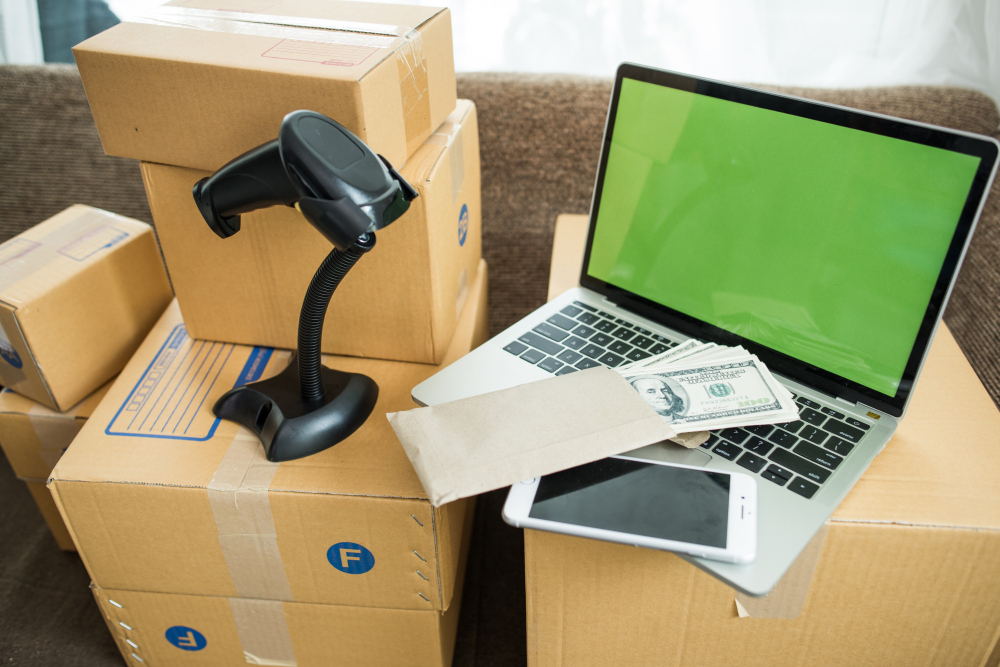If you’ve ever tried to send things from the U.S. to Naija, you already know the excitement (and sometimes the stress). Whether it’s the new iPhone you’ve been eyeing, clothes from an online sale, or just a care package for family back home, fast and reliable shipping makes all the difference.
The good news now is that shipping to Nigeria should not stress you at all and your pain points are all we have considered in this post, showing you how all that pain has been lifted. Keep reading 👍
1. First, Know What You Can (and Cannot) Ship
Not everything can enter Naija — no matter how much you want it. Before you start, avoid restricted items like weapons, certain drugs, or hazardous materials. For electronics, double-check customs rules and the voltage (because U.S. gadgets don’t always match our sockets).
The usual safe bets include clothes, shoes, books, skincare, gifts, and other non-perishables. Basically, if you can safely gift it to your mum, it’s probably safe to ship.
2. Choose a Reliable Courier
Your courier can make or break the shipping experience. The last thing you want is your package doing ‘tourism’ around the world before landing in Lagos.
Before choosing any shipping company, be sure they provide tracking, door-to-door delivery, customs support, and fair pricing. Why stress yourself when the right service can handle the heavy lifting for you?
3. Pack Like your life depends on it
How you pack matters o! Customs officers and shipping staff don’t have time for rough play. Use strong boxes that won’t collapse halfway, cushion fragile items with bubble wrap, always put a packing list inside, and make sure sender and receiver info dey clear.



4. Know Your Shipping Options
You usually have two choices. Express shipping— very fast, no be say your pocket no feel am oo but better soup na wetin? Economy shipping — cheaper, but you’ll wait small. How fast it lands depends on the courier, whether it’s air or sea, and how quickly customs clears it.
5. Track That Package
Please, don’t send anything without tracking o. With tracking, you can monitor the package, get updates if there’s delay, and sleep better at night. Most couriers now give you real-time tracking on their apps or websites. No more guesswork.
6. Delivery in Nigeria
When your package finally lands, delivery can be to your house, your office, or a pickup center. Just make sure the receiver comes with valid ID, inspects the package immediately, and signs to confirm. That way, everybody is covered.
Final Word
Shipping from the U.S. to Nigeria doesn’t have to be stressful. With the right courier, good packaging, and proper documents, your goods will land safe and sound.
And if you want zero wahala, AfroShipper has your back, protecting you from customs, providing doorstep delivery when needed amongst many other yummy offers. Ready to send something home? Request a quote today 🚀






1 thought on “Shipping from the U.S. to Nigeria Made Simple”
Thank you for this awesome post